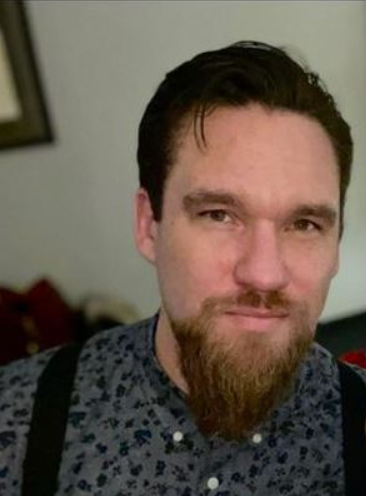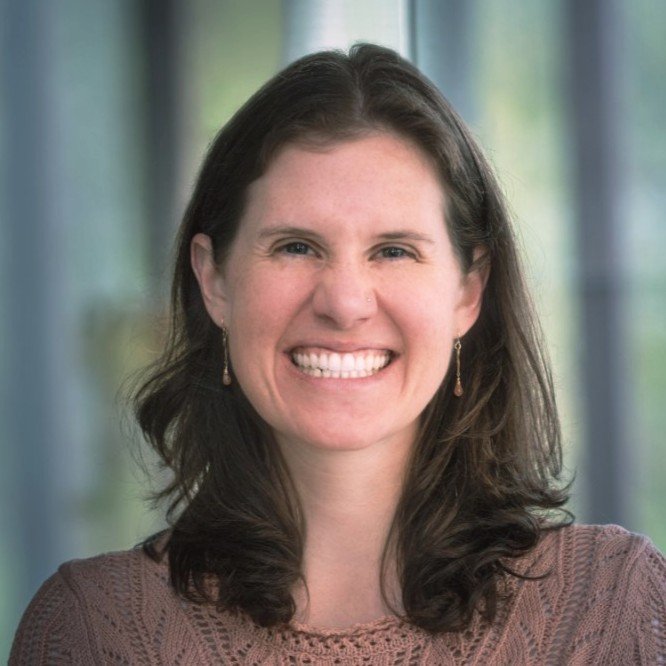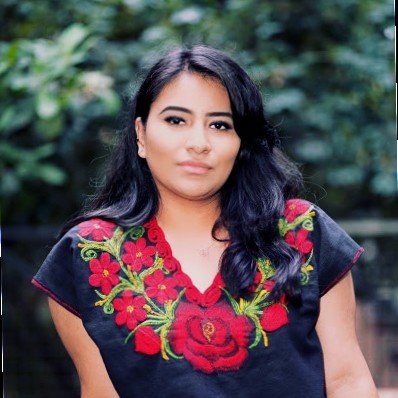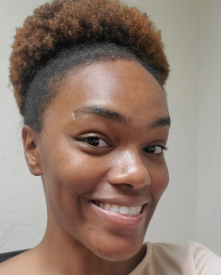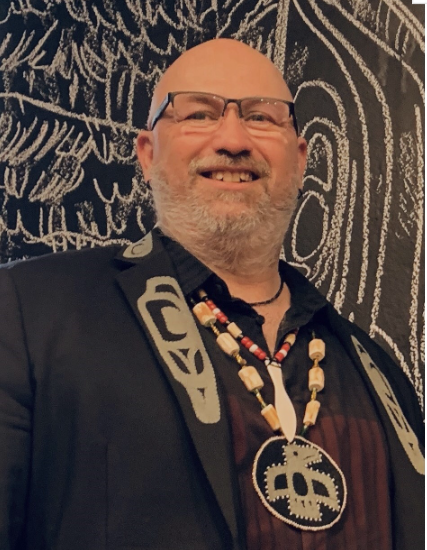Merrill Jeffery
Digital Navigation Services Program Manager, Goodwill of the Olympics & Rainier Region
Interview by Maya Totonchi & Lars Vik
November 14, 2022
Based in Tacoma, Washington, Merrill Jeffery is Manager of the Digital Navigations Services Program, Goodwill Connect— a collaboration between independent Goodwill organizations across Washington State who came together with support from the Washington State Department of Commerce to coordinate digital equity services such as procuring and distributing devices throughout their network. This collaboration has only been in place since January 2022, but has proved effective at helping local Goodwill organizations to better support the digital needs of those they serve. We interviewed Merrill about the work he does at Goodwill as the Digital Navigation Services Program Manager, as well as the steps he and his organization have taken towards digital equity.
Q. What is your definition of Digital Equity, and what about it motivates you? What are you passionate about in this space?
MJ: Digital equity is a broad term that refers to correcting the continually expanding digital divide. The digital divide and efforts to build digital equity correlates primarily to rural and underrepresented populations. Building a path toward sustainable digital equity begins with establishing a foundational infrastructure that can provide access to technology for rural and marginalized communities. Affordable internet services are another important component. We need to address the price burden of paying for an expensive service that should be considered as a public utility rather than a luxury.
Q. What values and principles are important for everyone in this space to do good work?
MJ: Our organization focuses on anti-racism, equity, diversity, and inclusion. We are striving to promote an anti-racist culture within both the corporate office setting and the retail store setting. This requires providing a significant level of historical context about how racism manifests in our culture. It is important for us to address why the issue is so critical, especially considering the many historical inaccuracies associated with what was taught by the public education system. Regardless of race or ethnicity, it is extremely common for people to misunderstand or misrepresent these complex subjects. In order to move forward as a society, I believe building an anti-racist culture is one of the most crucial aspects to address if we ever hope to truly begin the healing process as a unified nation.
Q. What have been big wins for you and how did they happen? What sorts of support were needed for them?
MJ: Regarding Digital Equity programs within the non-profit sector, Goodwill currently maintains one of the most effective statewide programs relative to the more recent disbursement of state funding. With funding from the Washington State Department of Commerce, our initial 6-month pilot program resulted in the distribution of 1564 Chromebooks statewide, and each device came accompanied by six months of AT&T mobile data free of charge or obligation. We are now in the second phase of the grant after receiving a 1-year extension with additional funding.
“Not having a requirement for identification or financial records from participants has been beneficial. These kinds of requirements are actually counterintuitive to the goal of building digital equity.”
Q. What is your organization’s goal in moving towards digital equity? What steps are being made by your organization to reach that vision?
MJ: Digital Equity work comes with a good amount of trial and error, though the Department of Commerce has essentially doubled our funding for the new grant cycle, which has allowed for more flexibility and, of course, more devices to distribute to the public.
Additionally, we are always seeking new partnerships to help us better understand the digital divide landscape. We’re also becoming much more familiar with the federally funded Affordable Connectivity Program with the intention to enroll our clients in it, or at least ensure they are made aware of ACP eligibility in order to receive discounted internet service.
Q. What’s an example of some good work so far and who’s been doing it? Who would you like to give a shout-out to?
MJ: The end of June 2022 marked the end of our six-month pilot grant from Washington State Department of Commerce. Through that first grant, we gave away 1564 devices, 889 of which went to Medicaid enrollees.
Through that grant we were able to establish Digital Navigation Services as a statewide collaboration with four other Goodwill organizations, with Goodwill of the Olympics and Rainier Region serving as the Washington State headquarters reaching participants in 35 of 39 Washington state counties. However, each Goodwill is an independent organization with their own CEO. So, this collaboration created around the grant opportunity is an example of good work that individual organizations can do together. Our reach for the next funding cycle will be all 39 counties.
Not having a requirement for identification or financial records from participants has been beneficial. These kinds of requirements are actually counterintuitive to the goal of building digital equity. Though clients will have to be registered as a citizen to sign up for ACP, this is not required to receive a new Chromebook through Goodwill.
To learn more about Goodwill of the Olympics & Rainier Region
Connect with Merrill Jeffery on LinkedIn.

